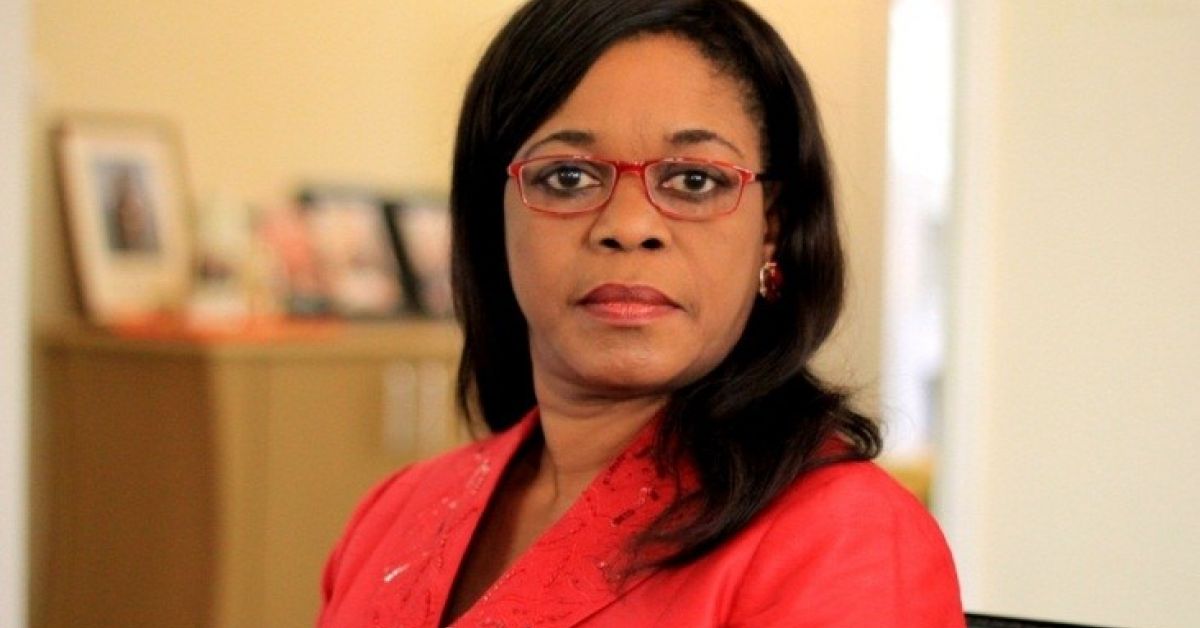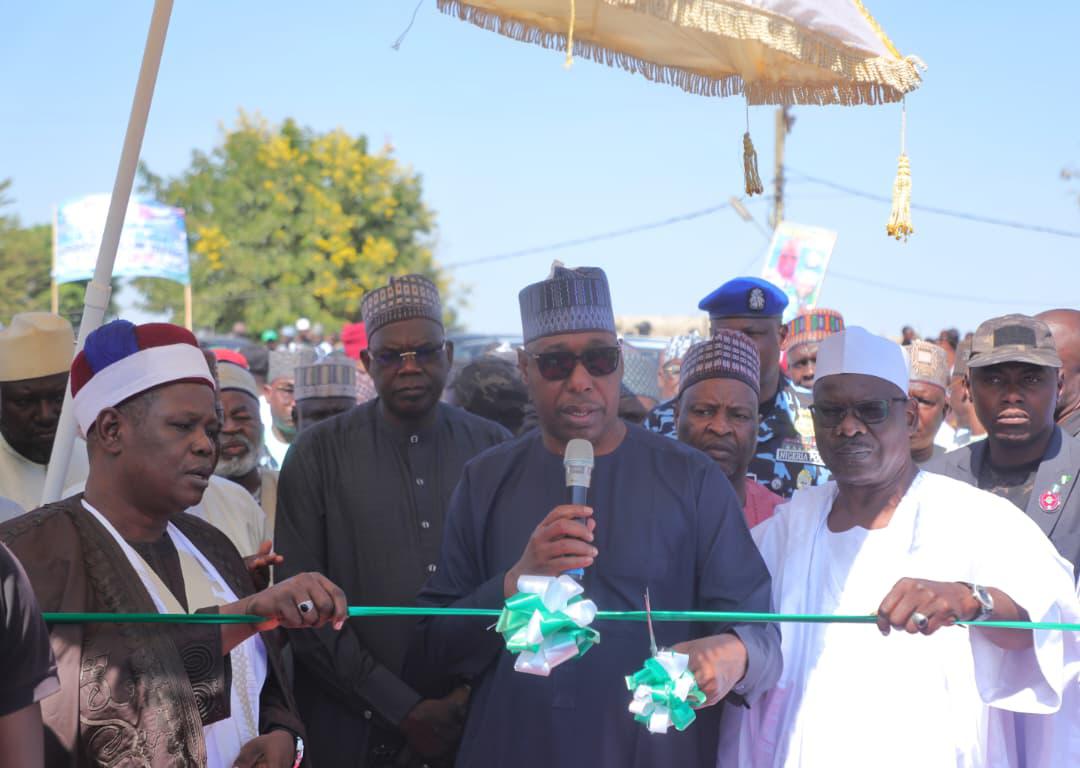
Osho noted that doing so would attract lots of socio-economic benefits to the country.
The former vice-chancellor, who was the keynote speaker at a stakeholders’ conference organised by the Education Sector Television International, in Lagos, said Nigeria must promote transnational education to boost local economy and reduce pressure on forex demands.
In her paper titled: ‘Private initiatives and the Nigerian education sector: Gains, shortfalls and way forward’, Osho stated that private sector involvement and collaboration in the sector would help in achieving the dream.
While making reference to a report by the Central Bank of Nigeria (CBN), which puts the capital flight, including personal travel allowances from Nigerians for foreign studies between 2010 and 2020 at $58.7 billion, the former vice-chancellor said a significant part of such amount could have stayed in the economy, strengthening naira.
Osho decried the various challenges confronting both public and private education in the country, but commended the private sector for its contribution to education development and production of manpower for the economy.
According to her, there is rapid expansion of private participation in the country’s education sector across all levels in recent years.
For example, she said the number of newly-established private schools from primary to tertiary levels in the last one to two decades, is not only about five times of public schools, the enrollment is also about 10 times higher than the public sector during the same period.
“That is why I believe that though the journey towards the support of the private sector in making our education system sustainable is challenging, it requires involvement of all stakeholders, including government, academia, civil society organisations, community-based associations, and the media to drive the system,” she added.
Osho, however, acknowledged the contribution of the organisers to the promotion of quality education in the country, saying the efforts are unquantifiable.
Prof. Godwin Oyedokun, who spoke on the ‘Impacts of effective education budgeting in national development,’ urged school owners, educators as well as individuals to always avoid spending on impulse.
According to him, most Nigerians spend out of schedules, which are not intentional.
Oyedokun, who is a professor of accounting and financial development, noted that most people extend this non-intentional spending to businesses, causing lots of problems for sustainability.
The Lagos State Commissioner for Tertiary Education, Mr Sule Tolani, who was represented by the Permanent Secretary in the ministry, Mr Adeniran Kasali, acknowledged the crucial role played by private educators in bridging the gaps.
He pointed out that for the sector to meet 21st-century manpower needs, the private sector at individual, group or corporate levels, must collaborate with the government.
The convener and Chief Executive Officer of education sector television international, Mrs Modupe Onabanjo, emphasised the essence of qualitative education system that is globally competitive.
She said that was the essence of the conference for stakeholders to evaluate the current state of the sector and how to move it forward.
While tasking the government to buckle up by providing enabling environment for private operators to thrive, Onabanjo also enjoined private practitioners to also step up on their roles.






